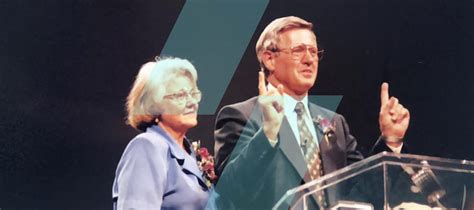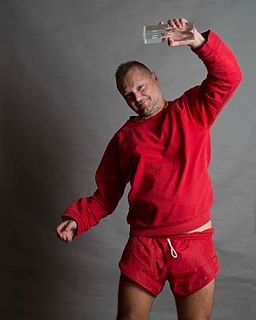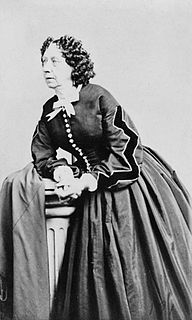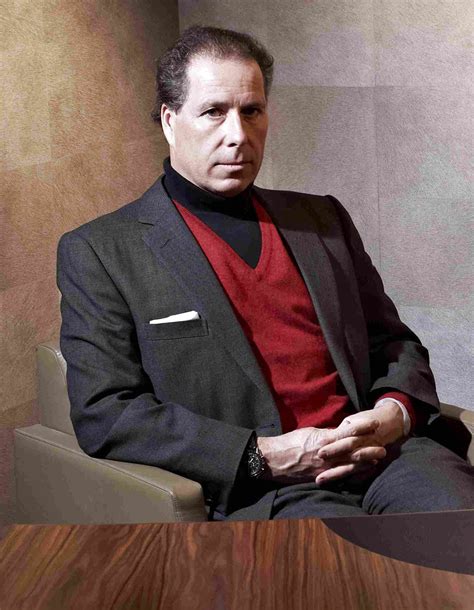A Quote by Gene Tierney
I never understood the theory, once popular among doctors, that blamed mental disorders on too little or too much mother love. My own mother was my darling.
Related Quotes
Each person is made of five different elements, she told me. Too much fire and you had a bad temper. That was like my father, whom my mother always critized for his cigarette habit and who always shouted back that she should feel guilty that he didn't let my mother speak her mind. Too little wood and you bent too quickly to listen to other people's ideas, unable to stand on your own. This was like my Auntie An-mei. Too much water and you flowed in too many different directions. like myself.
Mother love has been much maligned. An over mothered boy may go through life expecting each new woman to love him the way his mother did. Her love may make any other love seem inadequate. But an unloved boy would be even more likely to idealize love. I don't think it's possible for a mother or father to love a child too much.
Having children can smooth the relationship, too. Mother and daughter are now equals. That is hard to imagine, even harder to accept, for among other things, it means realizing that your own mother felt this way, too--unsure of herself, weak in the knees, terrified about what in the world to do with you. It means accepting that she was tired, inept, sometimes stupid; that she, too, sat in the dark at 2:00 A.M. with a child shrieking across the hall and no clue to the child's trouble.
We drink too much, smoke too much, spend too recklessly, laugh too little, drive too fast, get too angry, stay up too late, get up too tired, read too little, watch tv too much. We have multiplied our possessions but reduced our values. We talk too much, love too seldom, and hate too often. We've learned how to make a living but not a life. We've added years to life, not life to years.
My little sister, Prim, curled up on her side, cocooned in my mother’s body, their cheeks pressed together. In sleep, my mother looks younger, still worn but not so beaten-down. Prim’s face is as fresh as a raindrop, as lovely as the primrose for which she was named. My mother was very beautiful once, too. Or so they tell me.
In other words, homosexuality was no longer to be considered an illegal form of debauchery or perversion in which one willingly engaged a person of his own sex, but a mental illness which one blamed on his mother. Consequently, a homosexual is not responsible for his behavior - it's his mother's fault!
My mother really was an extraordinary, inspirational, tough, cool, sexy, funny woman and that's the kind of woman I've always surrounded myself with. It's my friends, particularly my wife, who is not only smarter than and stronger than I am but, occasionally taller too. I think it all goes back to my mother. My father and my stepfather prized whit and resolve in the women they were with above all things. And they were among the rare men who understood that recognising somebody else's power does not diminish your own.
The relationship I have with my mother now, and photographing her in front of the grave, it opens up discussions, and dealings with the conversations with my mother about, when I was little, how we lived and about suicide and talking about it, so it's something positive, it brought us more together, because people might never discuss that. Some families never go near certain subjects because it's too hurtful or too close or too dangerous. But within doing these photographs, I also wanted to open up a conversation with her about certain things about life.
At that moment he knew what his mother was thinking, and that she loved him. But he knew, too, that to love someone means relatively little; or, rather, that love is never strong enough to find the words befitting it. Thus he and his mother would always love each other silently. And one day she--or he--would die, without ever, all their lives long, having gone farther than this by way of making their affection known.
It's not that we have too much mother, but too little father. We can't forgive our mothers for taking the place of our fathers until we are ready to see that the point of a man's life is to be a father and a mentor, and we can't do that because we don't know how we would be a father or a mentor when we never had one.

































